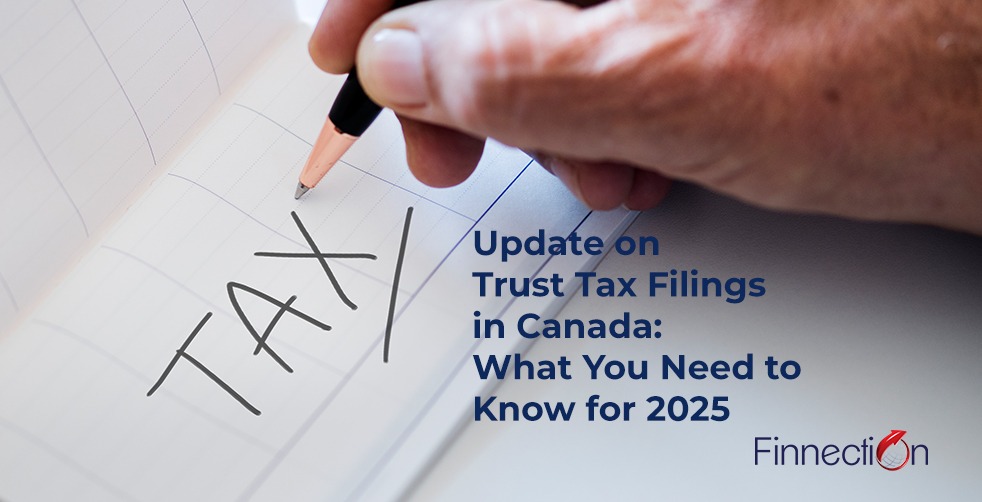If you’re involved in managing a trust in Canada, it’s crucial to be aware of the recent updates from the Canada Revenue Agency (CRA) regarding trust tax filings. On March 3, 2025, the CRA clarified the filing requirements for the 2024 tax year, emphasizing the importance of compliance to avoid potential penalties.

Key Deadlines
For trusts required to file a T3 Return along with the T3SCH15 Beneficial Ownership Information of a Trust form, the deadline is March 31, 2025. This date also marks the deadline for any taxes owing. Timely submission is essential to ensure compliance with CRA regulations.
Which Trusts Are Affected?
The enhanced reporting requirements apply to various types of trusts, including:
- Express Trusts: These are trusts created with clear intent, identifiable property, and known beneficiaries.
- Trusts with Taxable Events: Trusts that have disposed of capital property or have taxable capital gains.
- Non-Resident Trusts: Trusts that are non-resident throughout the year but have taxable capital gains or have disposed of taxable Canadian property.
- Trusts Holding Specific Properties: Trusts holding property subject to certain provisions of the Income Tax Act.
- Trusts Providing Benefits: Trusts that have provided benefits exceeding $100 to beneficiaries for property maintenance or taxes.
- Trusts Allocating Income: Trusts that have allocated income exceeding $100 to any beneficiary, distributed capital, or allocated income to non-resident beneficiaries.
Exemptions
Certain trusts are exempt from these filing requirements, including:
- Listed Trusts: Specific trusts identified by the CRA as exempt.
- Bare Trusts: Trusts where the trustee holds property without any active duties beyond transferring it to the beneficiary.
It’s important to consult with a tax professional to determine if your trust qualifies for an exemption.
Obtaining a Trust Account Number
All trusts required to file must have a trust account number. This can be obtained online through the CRA’s application process, which involves providing:
- Trust Information: Name and details of the trust.
- Primary Trustee Information: Details of the individual or corporation acting as trustee.
- Mailing Address: If different from the trust’s primary address.
- Description of the Trust: Nature and purpose of the trust.
The process is straightforward, and the trust account number is issued instantly upon completion.
Why This Matters
Understanding and complying with these updated trust tax filing requirements is essential for trustees and beneficiaries alike. Non-compliance can lead to penalties and complications with the CRA. By staying informed and ensuring timely filings, you can manage your trust’s obligations effectively.
If you have any questions regarding Trust Tax Filings, feel free to contact finnection via email at info@finnection.ca or call us at (647) 795-5462
Disclaimer: Above information is subject to change and represent the views of the author. It is shared for educational purposes only. Readers are advised to use their own judgement and seek specific professional advice before making any decision. Finnection Inc. is not liable for any actions taken by reader based on the information shared in this article. You may consult with us before using this information for any purpose.
